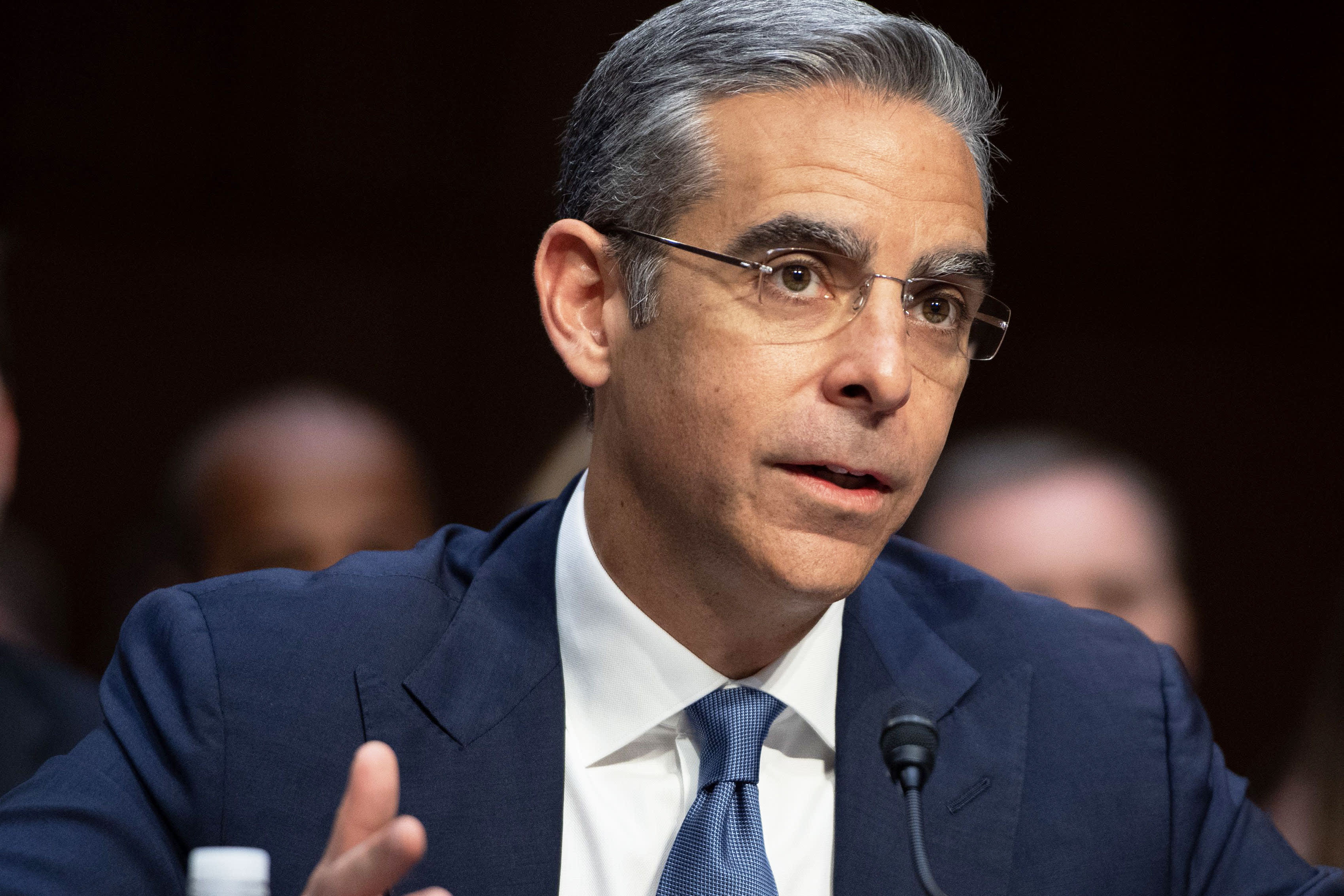David Marcus, Head of Calibra at Facebook, testifies about Facebook’s proposed digital currency called Libra, during a Senate Banking, House and Urban Affairs Committee hearing on Capitol Hill in Washington, DC, July 16, 2019.
Saul Loeb | AFP | Getty Images
Lawmakers interrogated David Marcus, Facebook’s cryptocurrency chief, asking how the company will educate the 1.7 million unbanked customers it plans to reach.
Elected officials at the House Financial Services Committee hosted a hearing on Wednesday to discuss the social media company’s plans for its proposed digital currency Libra.
“How do you take somebody from my district who is underbanked or unbanked and educate them if there’s no financial literacy?” asked Rep. Joyce Beatty, D-Ohio, at the hearing.
She expressed concern about the lack of financial education for the unbanked and underbanked, who might not understand how Libra works.
“Where is my protection? What happens if I do this, and we already know I’m ignorant to the process, and then I want my Libras back?” asked Beatty. “With no problem, can I put that money back into my account?”
Marcus assured Beatty that those individuals would be able to get their digital currency back, but he did not address the broader issue of financial literacy.
The importance of education
A visual representation of digital cryptocurrency coins on display in front of Facebook and Libra logos.
Chesnot | Getty Images
Tyrone Ross Jr., an investment advisor specializing in cryptocurrency in Woodbridge, New Jersey, agreed with Beatty that education for the unbanked needs to be a priority.
“Financial literacy, absolutely, should be a part of it,” he said.
The Libra Association, the Geneva, Switzerland-based group of companies that will govern the Libra blockchain and reserve, should provide financial literacy and education so customers know how to bank appropriately, Ross said.
Member companies in the association include Visa, Uber and Coinbase.
Global representation
Rep. Ayanna Pressley (D-MA) on Capitol Hill in Washington, July 17, 2019.
Joshua Roberts | Reuters
The issues around financial literacy reach beyond U.S. borders.
Rep. Ayanna Pressley, D-Mass., expressed her concern about the lack of representation from the seven countries where an estimated 50% of the world’s unbanked live, according to data from the World Bank.
Those countries are Bangladesh, China, India, Indonesia, Mexico, Nigeria and Pakistan.
When Pressley asked if any of Libra’s partners are located in these countries, Marcus admitted none of them were.
“Not at this stage, Congresswoman,” he said. “But by the time we get to 100 members, we hope to have a more representative slate of the people we want to serve.”
Lending risks
David Marcus, CEO of Facebook’s Calibra, testifies to the House Financial Services Committee hearing on “Examining Facebook’s Proposed Cryptocurrency and Its Impact on Consumers, Investors, and the American Financial System” on Capitol Hill in Washington, July 17, 2019.
Joshua Roberts | Reuters
During the hearing, Marcus waffled on whether the Calibra wallet would offer additional banking services such as lending but did not write off the possibility entirely.
“Congressman, it’s too early,” he said when questioned by Rep. Blaine Luetkemeyer, R-Mo., whether financial services like lending would be offered.
“But if we are to engage in those services, we will partner with existing banks and financial institutions the same way other payment companies have done it,” Marcus said. “I’m talking here exclusively about the Calibra wallet.”
The Calibra digital wallet is what people will use to store and exchange the currency.
More from Personal Finance:
Retiring this year? How much you’ll need for health care
The salary you need to live in the priciest Zip codes
Why these shoppers regret their Amazon Prime Day purchases
Bruce McClary, vice president of communications for the National Foundation for Credit Counseling, has told CNBC that he’s concerned about the possibility of Libra providing lending services.
“When you introduce this financial tool in a cash-and-carry society, my concern is that you will create an environment where people are comfortable going into debt,” he said.
Total credit card debt in the U.S. has surpassed $1 trillion, according to the Federal Reserve.
The average credit card balance for the first quarter of 2019 was $6,028, according to data from Experian.
